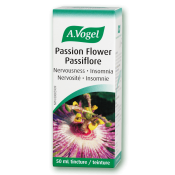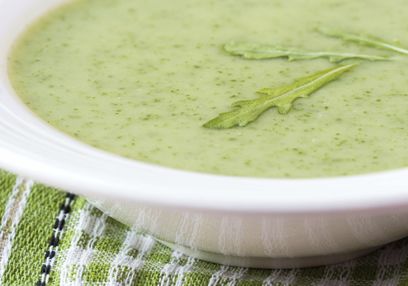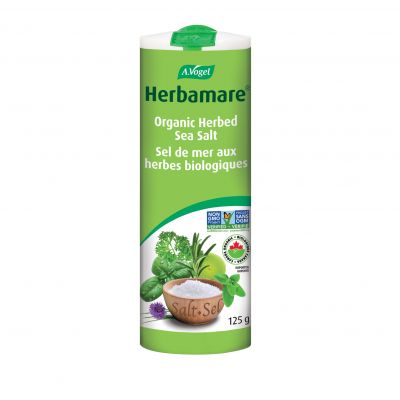There is some evidence to suggest that we don’t really adapt to these changes—whether they’re in the spring, or in the fall—and the repercussions are vast!
Some studies show increase in accidents, heart attacks, psychiatric disorders and even obesity!…
How time change affect our sleep?
Humans are diurnal beings—meaning that they’re awake by day—and sleep at night. Sleep is initiated when your eyes sense a decrease in light (or an increase in darkness), which triggers the release of melatonin. While melatonin is the main sleep initiator, it is not the only chemical signal required for sleep. Cortisol is also a player, and its levels are related to the sleep-wake cycle. As a mater of fact, an increase in cortisol in the morning is what helps to wake you up—not surprisingly, during times of stress (when cortisol is high) it is very difficult for most people to fall asleep or get some restful sleep.
The levels of melatonin and cortisol cycle throughout the day, with cortisol peaking in the morning, and melatonin at night. This is known as your circadian rhythm, which naturally matches sunrise and sunset. With so much artificial light in big cities and even at home (think of the LED lights from your TV, or alarm clock etc.) your sleep pattern can be seriously affected. This is compounded further by the semi-annual stresses of daylight savings time.
What are the symptoms?
This is a no-brainer. If you can’t fall sleep, can’t get a restful sleep, or if your sleep isn’t long enough, then fatigue ensues. This can drastically reduce your alertness, your reaction time, and can even affect your body temperature and mood. Unfortunately, sleep isn’t something you can “bank” on—meaning that you cannot accumulate some for later, nor you can make it up later for lost sleep time.
Is the spring or fall time change the worse?
This actually depends on your lifestyle. Are you a night owl or are you a lark (early riser)? At least one study (BMC Physiology: Life’s Extremes: Night Owl vs. Morning Lark) claims that night owls are more affected in the spring and larks in the fall. Ultimately, the real issue is that regardless of whether it’s spring or fall, time changes affects all of us and most people have trouble adjusting—something that can linger on for weeks at a time.
What can be done to help?
Many people experiencing sleeping problems (whether it’s sleep initiating, or sleep maintenance insomnia) will go to their family physician for help. The conventional treatment is a short course (no more than two weeks) of sedative/hypnotics (usually benzodiazepines). However, these are not without its issues, such as rebound insomnia.
The first “natural” approach to sleeping problems involves relaxation techniques, good sleep hygiene—absolute darkness, and no television, telephone, or any other distractions before bed—and no stimulants (e.g. coffee or tea) past noon. Aerobic exercises are a highly effective way to help you get a restful sleep at night, and even though you’re spending energy you’re also helping your body increasing its sense of wellbeing while decreasing fatigue.
For those of you who you truly require a sleeping aid, but prefer a “natural” alternative, some substances may be able to help when properly prescribed. When in doubt, always consult with a licensed naturopathic doctor or a qualified health care provider.
Among the herbal remedies you may find valerian, hops (not recommended in depression), passion flower, ziziphus to be very helpful. A disclaimer to this is that many of these herbs help with sleep initiation, but may not help with sleep maintenance, so adhering to a good sleep and exercise routine is equally important.







